Share Content
Article Link Copied
Ghanian Education Minister commits to scaling up Education Partnerships
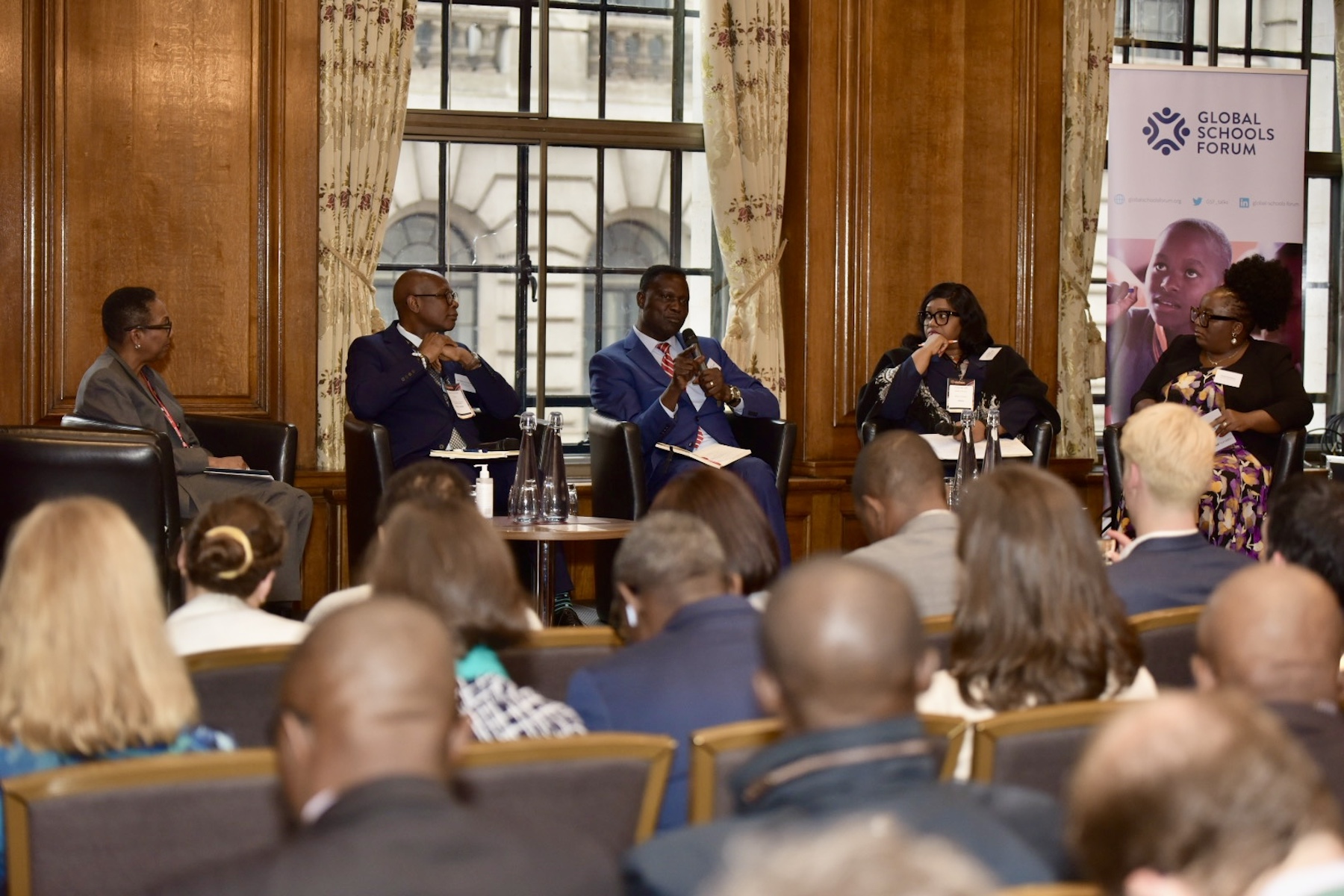
Last week, Global Schools Forum – alongside the Jacobs Foundation, IDP Foundation, and Vitol Foundation – hosted a high-level event on the sidelines of the Education World Forum in London.
Under the theme of “Innovative Partnerships at Scale to Achieve SDG 4 in Africa”, education ministers from three African states; Ghana, Liberia, and Sierra Leone, were brought together, alongside the UK Government’s Alicia Herbert OBE, Director of Education, Gender and Equalities for the Foreign, Commonwealth, and Development Office (FCDO).
The ministers in attendance – Hon. Dr. Yaw Osei Adutwum, Minister for Education of the Republic of Ghana; Hon. Conrad Sackey, Minister of Basic and Senior Secondary Education of Sierra Leone; and Hon. Dr. Jarso Maley Jallah, Minister of Education of the Republic of Liberia- highlighted successes in their education systems and identified opportunities to drive change through meaningful partnerships.
A number of key takeaways can be drawn from their collective insights:
- State and non-state cooperation has proven itself to be an effective form of improving learning standards and increasing enrolment across a range of Sub-Saharan Africa education systems.
- No single actor – state or non-state – can address these challenges ahead alone.
- Education finance and unlocking a sustainable pipeline of investment from a more diverse range of sources – including the private sector – is of vital importance if we are to maintain progress.
Ghana and its promising track record
For Ghana, one of the Jacobs Foundation’s core geographies, Minister Adutwum acknowledged Ghana’s track record in being an early adopter of partnering with the non-state sector, emphasizing that:

Our Chief Knowledge Officer, Donika Dimovska, attended the event and found that there is a greater recognition about the ‘missing middle’ between evidence supply– research– and demand– policymakers, practitioners, and teachers. There was a greater emphasis and understanding on how to meet this demand more intentionally and effectively. Crucially, the demand exists, but the challenge is to meet it where it is.

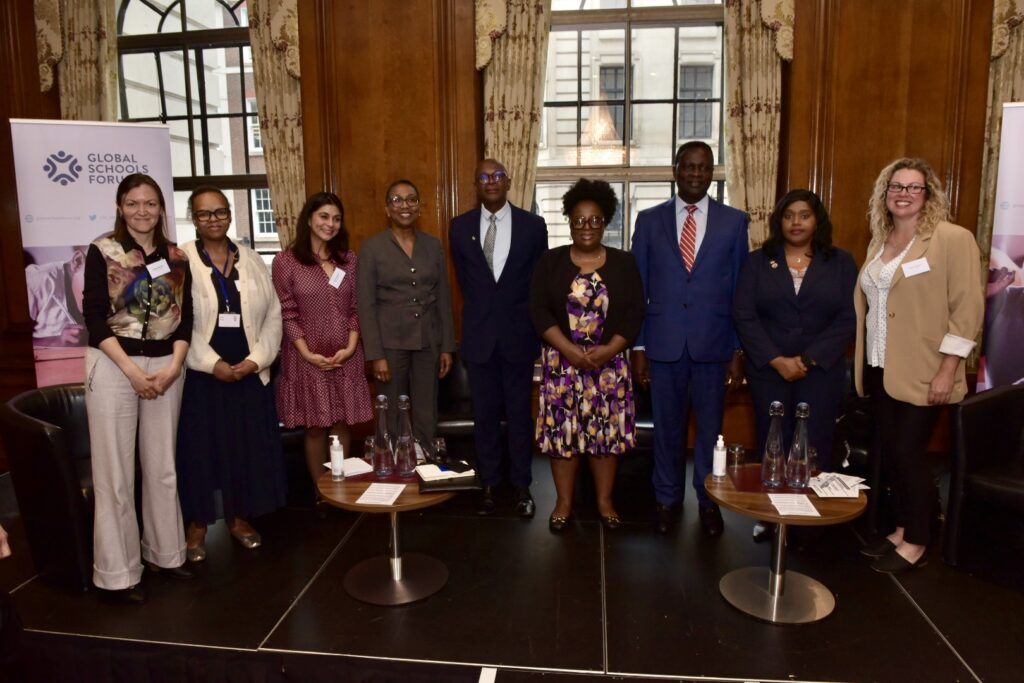
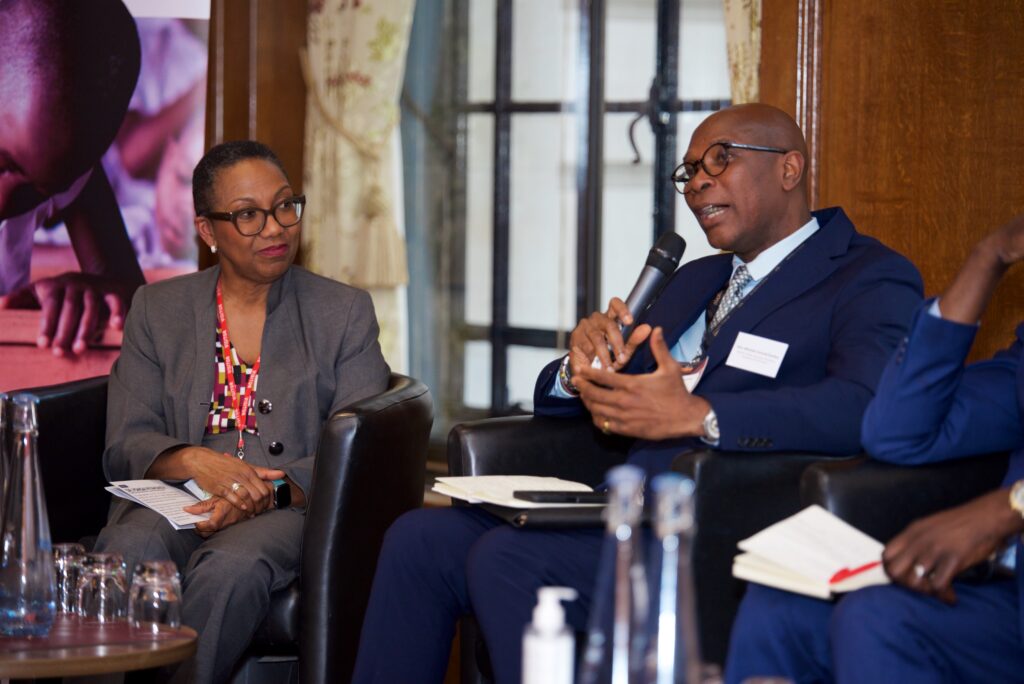
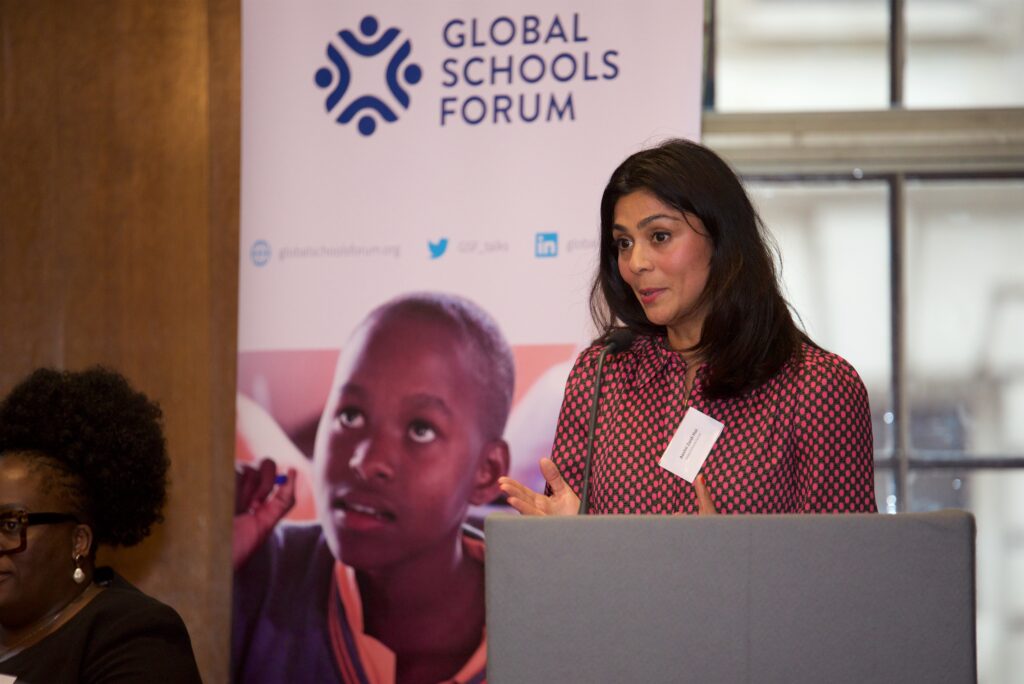
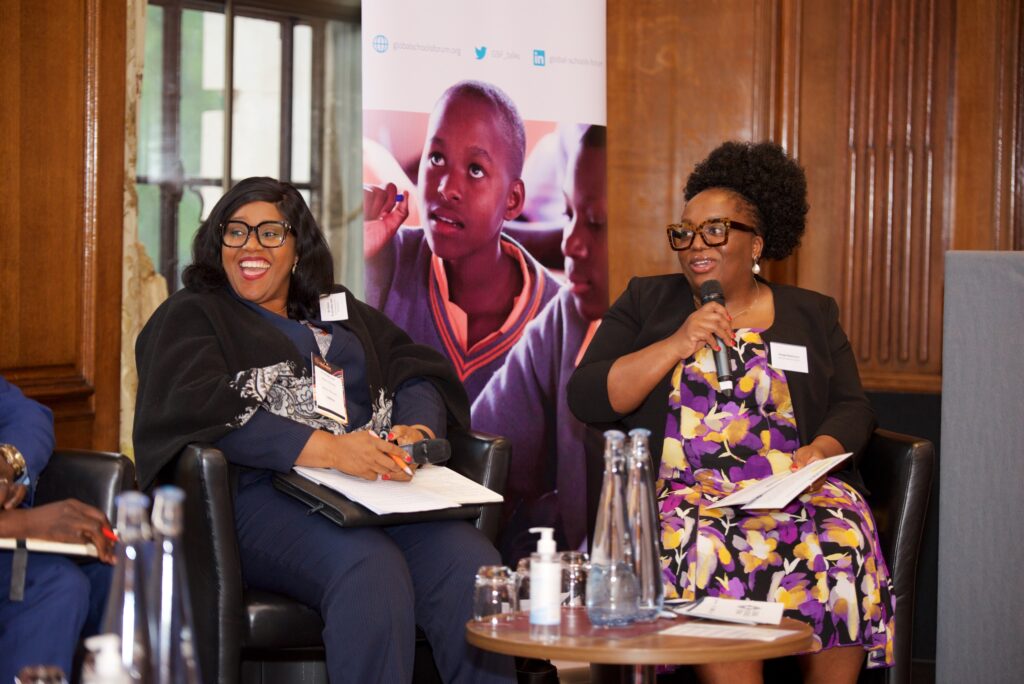
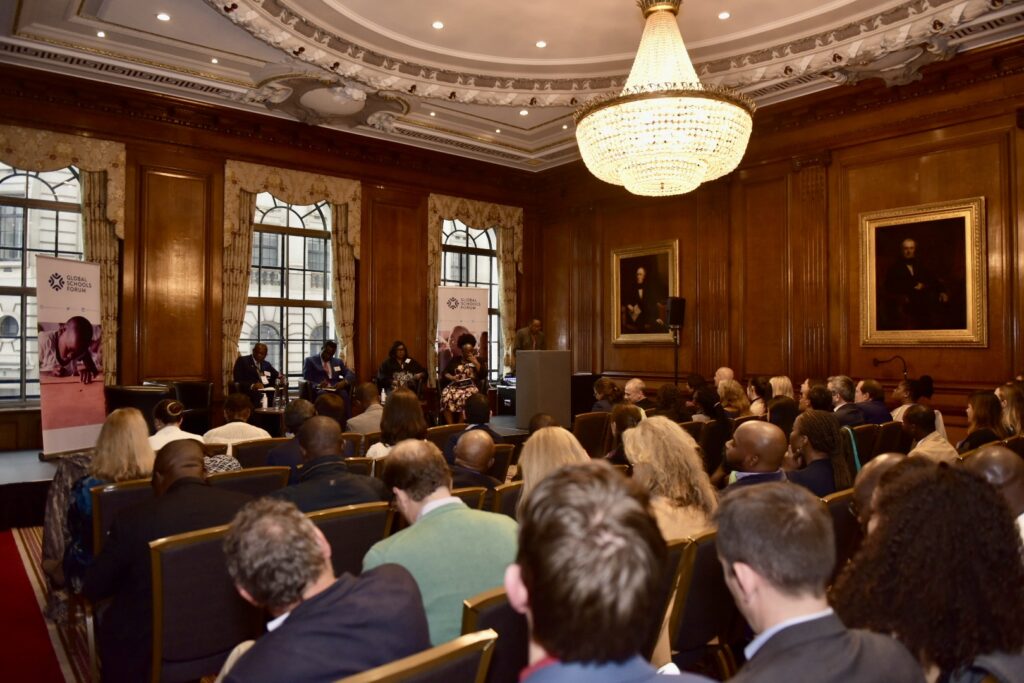
Collaborating with world-renowned researchers, educators, EdTech companies, and visionary policymakers in Ghana
This gathering of African education ministers, policy officials, entrepreneurs, philanthropists, and civil society representatives acted as an opportunity to position partnerships as a vehicle for accelerating impact in education.
We work alongside the Ministry of Education in Ghana to facilitate the incorporation of evidence in national policies and their implementation in several countries:
- Co-Funding Mechanism: supported by the Jacobs Foundation and the Ministry of Education in Ghana, this weaves together multiple funders, implementing partners, and beneficiary communities to improve holistic learning outcomes.
- EdLab: an evidence lab for education embedded in the Ministry of Education Ghana is being developed and is steered by relevant organizations from academia, policy and practice that generates and applies rigorous evidence into policy and practice.
The event was led by the Global Schools Forum, a member of our School Action Learning Exchange Network (SALEX), who undertake a variety of collaborative activities to facilitate the generation and uptake of evidence, both within the community and for the broader education ecosystem. You can listen to GSF’s CEO, Aashti Zaidi, in our latest interactive Annual Report.